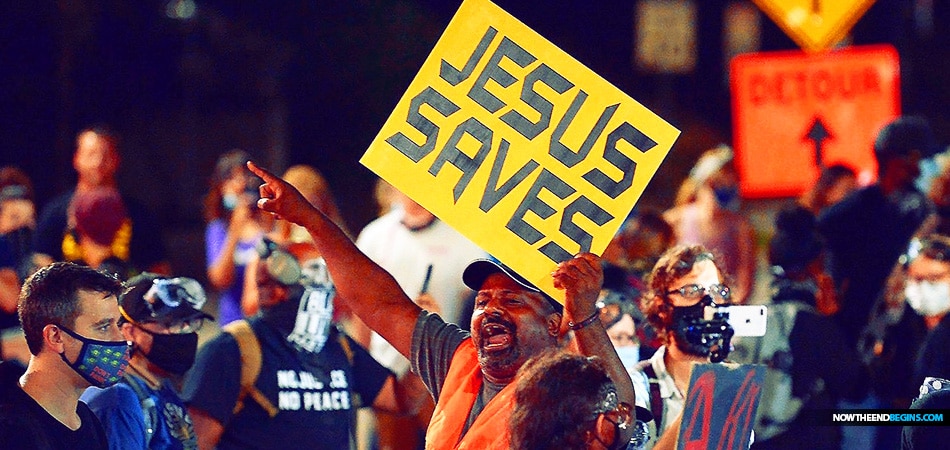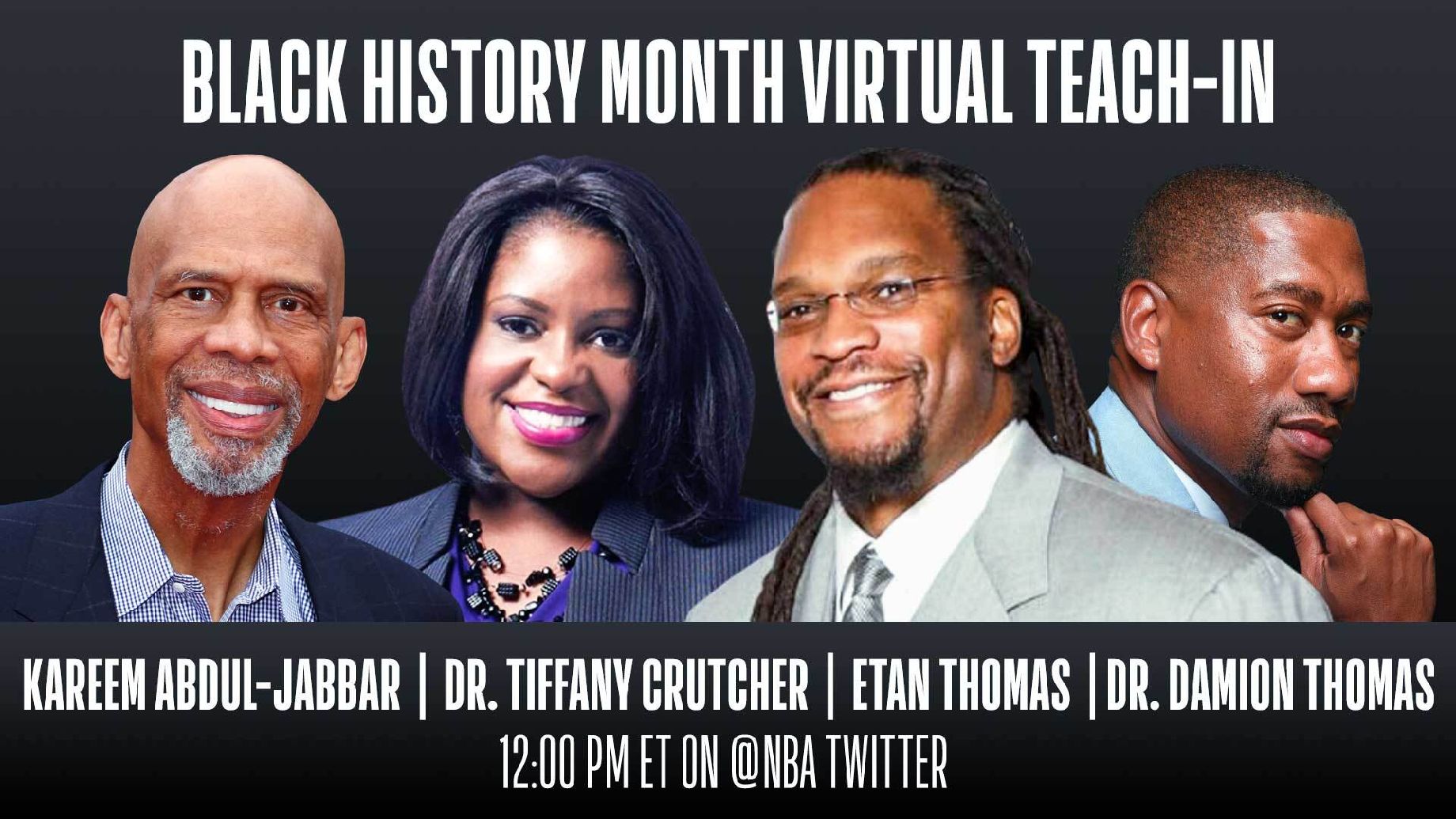
In 1991, the late Ralph Wiley, sports illustrated writer, author, and social critic wrote a book that was titled, Why Black People Tend to Shout. In this work, Wiley offers a series of essays centered on his reflections and social commentary on the black experience. He asserts, “black people tend to shout when their contained emotions – inner joy, pain, anger, confusion, or frustration, – fight for expression and finally breakout.” He goes on to say, “black people tend to shout in churches, movies theatres, and anywhere they feel the need to shout.”
We shout because happiness seems to come in short visits, we shout because of poverty, systemic racism, and injustice. We shout because we want the answers to questions that go unasked. We shout the way we do because the uproar is too big to hold inside and simply cannot afford to be quiet.
Psalm Sixty-Eight is an intriguing composition by that sweet psalmist of Israel, King David. It is a Psalm of triumphant praise coupled with jubilation. Taken in its entirety, Psalm 68 gives God praise in general (vss. 1-6), praises God for His wonders at Sinai and in the wilderness (vss. 7-10), rejoices in the conquest of Canaan and continual victories achieved up to David’s reign (vss. 11-23), stresses the importance of praising God in His sanctuary (vss. 24-27), and encourages advanced praise for future triumphs (vss. 28-35).
As verse thirty-one clearly reveals, then and now, God wants to use the most oppressed, discriminated against, people in the world to bring about revival for All His people. The deliverance that God brings is not limited to any one people group but begins in one group and flows to all others who need the wonderful grace and favor of God. The experience of which, is too overwhelming to conceal.
Written in 1997, They Like to Never Quit Praisin’ God, by Frank Thomas, explains the history and experience of celebration in black church life. He recounts a sermon that was originally titled, Uncle Wash’s Funeral and was recorded in slave narratives compiled in 1936. The eulogy was preached in 1866-67 and was retold by Ned Walker a slave who attended the funeral. Ned Walker summed up his experience as one that granted him the ‘surance of grace’. This ‘surance of grace or what Frank Thomas calls the assurance of grace is the good news that is the gospel of Jesus Christ. This assurance sustains, encourages, and liberates those who cry out for mercy and redemption.
If our history is anything, it is a history rooted in a God who has performed many wonders on our behalf. A history firmly grounded in a faith that offers and beckons to be expressed. Our history however is not finished. God will continue to do mighty works in and through those who cry out to Him in their pain. Those who call His name when yearning for wrong to be made right. Therefore, our shout must be an unending shout, and if the weight of the burden makes it impossible to shout or praise, do as the song directs, If I can’t say a word, I’ll raise my Hand.










